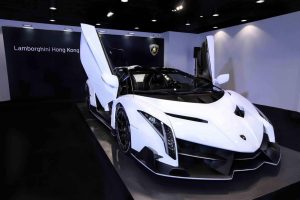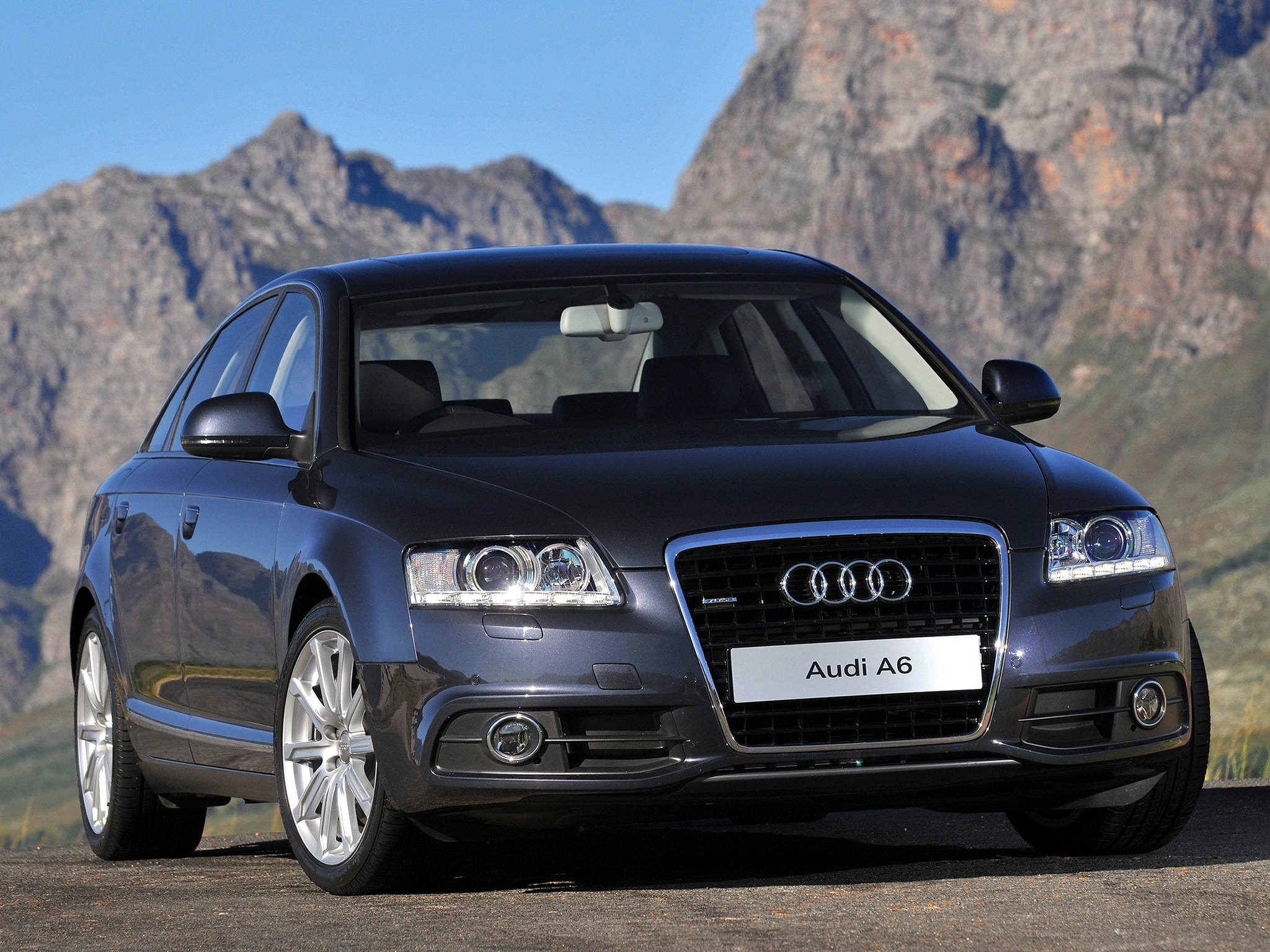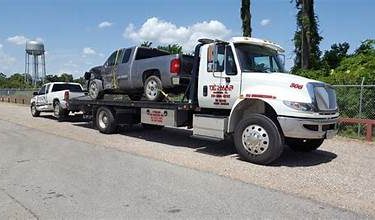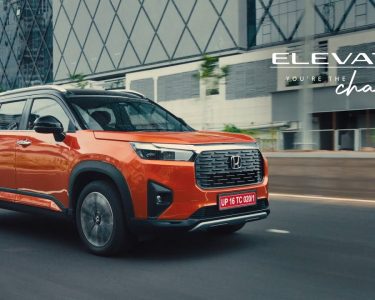The American love affair with the automobile is experiencing a power surge. Electric vehicles (EVs) are accelerating onto the scene, propelled by rising gas prices, environmental anxieties, and a wave of government incentives. But is the US auto industry, a long-established giant of gasoline-powered machines, equipped to handle this
Dramatic shift towards a battery-powered future?

At first glance, the answer seems like a resounding yes. Major car manufacturers are trumpeting ambitious EV production plans. Detroit’s Big Three – Ford, General Motors, and Stellantis – are pouring billions into electric vehicle development and battery production facilities. Tesla, the undisputed EV frontrunner, continues to dominate the market with its innovative designs and impressive range capabilities.
However, a closer look reveals some potential roadblocks on this electric highway. Here are the critical hurdles the US auto industry needs to overcome:
-
The Battery Bottleneck: Lithium-ion batteries, the beating heart of EVs, are currently experiencing a supply chain squeeze. This scarcity could cripple EV production and inflate costs for consumers, potentially dampening the electric vehicle boom before it truly takes off.
-
Charging Infrastructure: A Range Anxiety Dream The US lags behind in building a robust network of charging stations, creating a significant barrier to entry for potential EV buyers. This “range anxiety” – the fear of getting stranded with a depleted battery and no place to recharge – is a major deterrent for many considering switching to electric.
-
Workforce Retraining for a New Era: The transition to EVs necessitates a skilled workforce equipped to handle electric powertrains and battery technology. This requires a significant investment in retraining programs by automakers to bridge the knowledge gap and ensure a smooth workforce transition.
Beyond the Challenges: Glimmerings of Hope
Despite these formidable obstacles, there are reasons to believe the US auto industry can navigate this electric transformation. Technological advancements are leading to the development of more efficient batteries with extended ranges, potentially alleviating range anxiety and boosting consumer confidence. Additionally, government policies offering tax breaks and investing in charging infrastructure development are providing a much-needed tailwind for EV adoption.
The Road Ahead: A Race Against Time
So, is the US auto industry ready to conquer the challenges of a charged future? The answer is complex. The industry is undoubtedly making strides, but significant hurdles remain. The success of this electric revolution hinges on the automakers’ ability to address these issues head-on: securing a stable battery supply, constructing a comprehensive charging network, and preparing their workforce for the new realities of EV production.
This reporter will stay on the pulse of this evolving story, keeping you informed on the US auto industry’s progress in navigating the exciting, yet demanding, electric highway. As the industry races against time to adapt, one thing is certain: the journey towards an electrified future promises to be a thrilling ride with significant implications for American manufacturing, consumer trends, and the environment.




